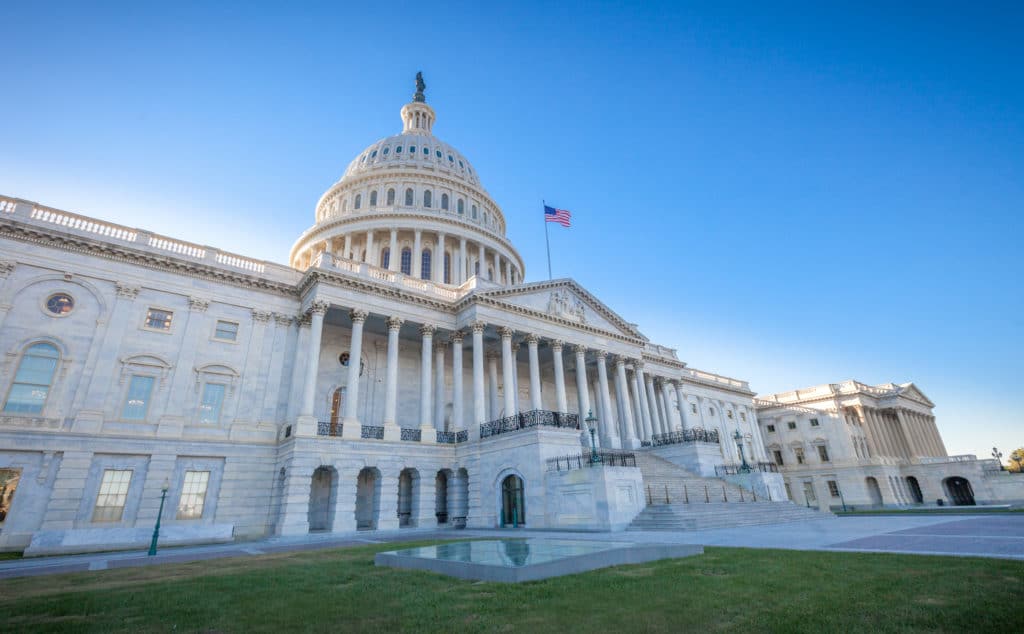Law Review: Update on Lobbying Rules

Q: What legal constraints might impact my association’s ability to lobby?
A: The type of federal tax exemption held by the association dictates what, if any, lobbying the organization may conduct. Organizations exempt under Section 501(c)(3) of the Internal Revenue Code of 1986, as amended (the “Code”), are subject to stricter lobbying regulations and prohibitions than those exempt under Section 501(c)(6) of the Code. Despite the limitations imposed by the IRS on lobbying activities, particularly for 501(c)(3) organizations, both 501(c)(3) and 501(c)(6) organizations have numerous opportunities to engage in the political process.
It is important to understand that not all political activity is considered “lobbying” under the Code. The Code defines lobbying very broadly as “the influencing of legislation.” However, both Sections 501(c)(3) and 501(c)(6) organizations can engage in unlimited “advocacy” as an educational activity so long as such advocacy is in furtherance of the association’s exempt purposes. In general, appearing before administrative agencies or the executive branch in response to certain policies, rules, or regulations (as long as not in regard to legislation) will be considered advocacy, and not lobbying.
For Section 501(c)(6) organizations, lobbying activity – even substantial lobbying constituting up to 100% of the organization’s activity – is permissible so long as such activity relates to the association’s exempt purpose; however, that portion of member dues spent on lobbying activity by 501(c)(6) organizations is not deductible – even as a business expense. Section 501(c)(6) organizations that conduct lobbying activity must either (i) notify their members that a portion of their dues are not deductible as an ordinary business expense (there are rules in the Code for allocating and calculating that amount); or (ii) pay a “proxy tax” based on the amount of lobbying expenditures. Either way, the association must carefully track its lobbying expenditures.
Organizations that don’t feel comfortable with the potential uncertainty of the facts and circumstances analysis can make a “safe harbor” election under Section 501(h) of the Code, which permits an organization’s lobbying activities to be evaluated under an objective expenditure test rather than the subjective “facts and circumstances” test described above. Organizations that make a Section 501(h) election must keep lobbying expenditures under certain sliding scale dollar limits and certain “grassroots” expenditures under an absolute cap to avoid running afoul of the lobbying rules. The safe harbor approach can be particularly appealing to associations whose volunteers or members carry out much of the lobbying activity at no-cost, as those activities aren’t counted as part of the expenditure calculation (or in the case of internet-based lobbying activity, for instance, might only minimally impact the calculation). Under the facts and circumstances analysis, those activities would be a factor in determining whether the total lobbying activities were a “substantial part” of the organization’s activities. In addition, under the facts and circumstances analysis, an organization risks losing its tax-exempt status if the IRS determines that it engaged in substantial lobbying activity in any year. In contrast, those organizations that make the Section 501(h) election would only have to pay an excise tax if their lobbying expenditures exceeded applicable dollar amounts. However, even associations that make the safe harbor election can lose their tax-exempt status if they exceed the amounts for multiple years.
Finally, recordkeeping (receipts, invoices, expenditure of time, etc.) is required regardless of whether the associations make the Section 501(h) election, though only non-electors are actually required to report lobbying activities on the annual Form 990 information return.
All associations that engage or hope to engage in the political process – whether Section 501(c)(3)s or Section 501(c)(6)s – should be aware of the limitations, requirements and opportunities available to engage in lobbying activities.
Tags
Related Articles
BAE Chicagoland Kicks Off: Join the Movement!
Black Association Executives (BAE) is officially in Chicagoland, bringing a bold new community to Black...
The Weight We Carry: What Teams Wish Leaders Understood
Association professionals are feeling the strain of relentless change—burnout, shifting expectations, and emotional fatigue are...
Workforce to Hit 30% Gen Z by 2030: Ready or Not?
Gen Z isn’t lazy—they’re reshaping work with speed, collaboration, and purpose. Here’s how to engage...




